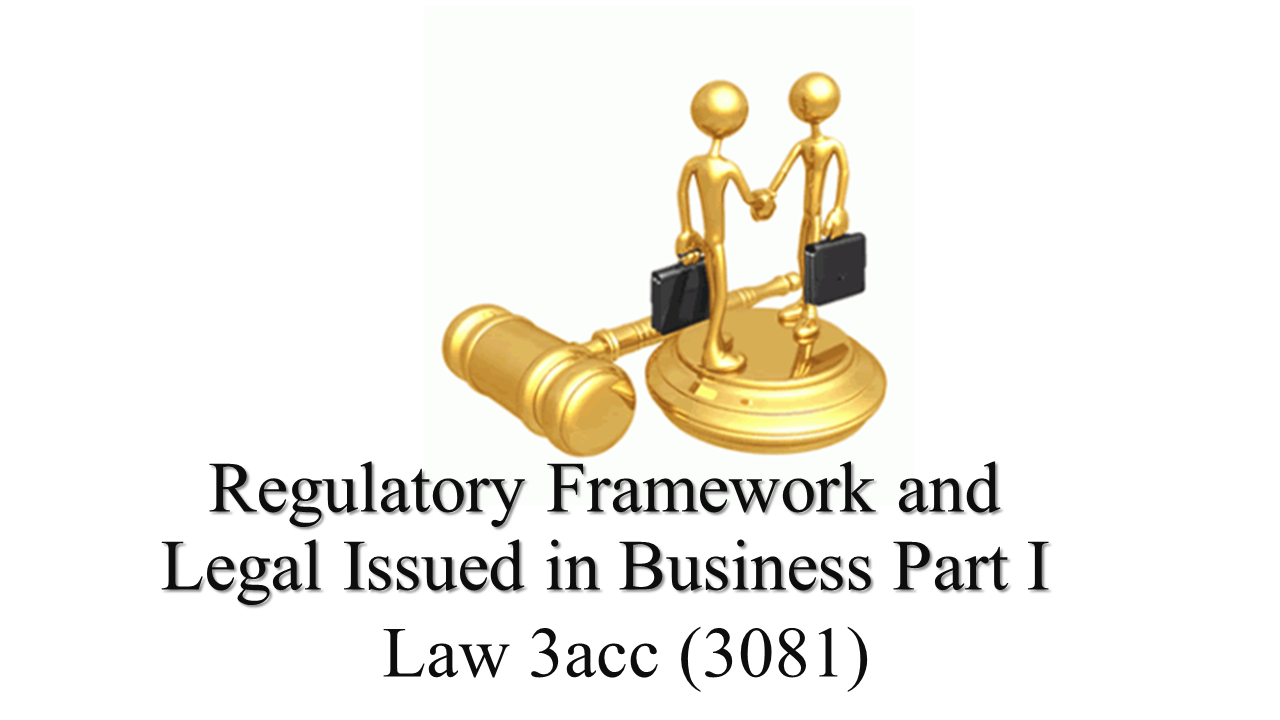
Running a small business can be an exhilarating and rewarding experience, but it’s important to navigate the legal intricacies that come with it. From contracts and intellectual property to employment laws and taxes, small businesses are not exempt from legal issues.
Identify and Protect Your Intellectual Property
Intellectual property (IP) refers to creative works, inventions, and confidential information that give your business a competitive edge. It’s crucial to identify and protect your IP to prevent others from using it without permission. Consider applying for patents or trademarks, or registering your copyrights. Consulting with an attorney experienced in IP law will help you understand how to safeguard your unique assets.
Create and Review Contracts
Contracts are the backbone of any business, whether it’s with suppliers, customers, or employees. Hiring an attorney to create standard contract templates tailored to your business operations can save you time and money in the long run. Ensure that these contracts are regularly reviewed and updated to reflect any changes in laws or business circumstances.
Stay Compliant with Employment Laws
Working with employees means complying with various employment laws. Ensure that you are familiar with laws related to minimum wage, overtime, sick leave, and anti-discrimination. Additionally, maintain proper documentation such as employment agreements, job descriptions, and performance reviews. Staying knowledgeable about employment laws helps protect your business from legal disputes with current or former employees.
Protect Sensitive Customer Data
In today’s digital world, businesses collect and store sensitive customer information, making data security a top priority. Implement robust data security measures to safeguard customer data from cyber threats. Understand the legal requirements for data protection, such as complying with privacy regulations and providing necessary disclosures. Partnering with cybersecurity professionals can help you identify vulnerabilities and establish preventive measures.
Manage Tax Obligations
Taxes can be complex, and noncompliance can lead to severe consequences for small businesses. Stay on top of your tax obligations by maintaining accurate financial records, understanding relevant tax laws, and filing your tax returns on time. Consider consulting with a tax professional who specializes in small businesses to ensure compliance and take advantage of available tax deductions.
Resolve Disputes Efficiently
Disputes can arise in any business, and it’s essential to have a plan in place to handle them effectively. Attempt to resolve conflicts through negotiation or mediation before resorting to litigation, which can be costly and time-consuming. Having clear dispute resolution procedures and clauses in contracts can help mitigate potential legal issues down the line.
Stay Educated and Seek Professional Guidance
Legal requirements and regulations constantly evolve, so it’s crucial to stay informed about changes that could impact your small business. Attend relevant workshops, webinars, or seminars to enhance your understanding of legal matters. Additionally, consult with experienced attorneys who specialize in small business law to ensure you receive accurate guidance tailored to your specific needs.
Conclusion
Handling legal issues is a necessary aspect of running a small business. By identifying and protecting your intellectual property, creating and reviewing contracts, staying compliant with employment laws, protecting customer data, managing tax obligations, resolving disputes efficiently, and seeking professional guidance, you can navigate the legal landscape and focus on growing your business.

